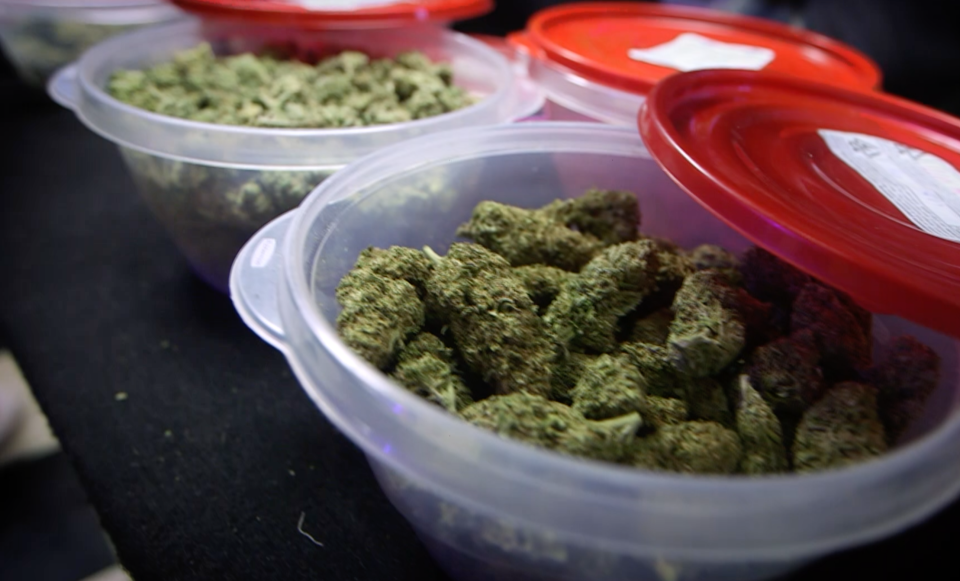NJ bill would force drivers to take a blood test if they look high on marijuana
Any driver suspected to be high on marijuana would be required to provide a blood sample to police officers under a new bill introduced in Trenton.
Currently, the law establishes that anyone driving in the Garden State is considered to have given consent to being breath-tested to determine alcohol content.
But the new legislation is looking to expand the implied consent law to also include blood testing to determine if a driver is under the influence of marijuana or other drugs.
With the expansion of driver's implied consent law, police officers would be able to ask for blood samples without a warrant from a judge, something that is not allowed under current law.

NJ legal weed: Find your nearest dispensary for recreational, medical marijuana
If drivers test positive to 3 nanograms or more of THC — the cannabis component that gets people high — they will be deemed under the influence of marijuana, says the bill introduced last week by Sen. Shirley Turner, D- Hunterdon.
While other states have set limits for THC content in a driver's blood, New Jersey currently has no THC limit in place for motorists. Nevada and Ohio set 2 nanograms as the cutoff of THC level for drivers, while Illinois and Washington set it at 5 nanograms.
Consistent with numerous studies, including a research project at the National Library of Medicine, blood THC levels typically peak after 15 minutes of smoking weed, reaching to more than 100 nanograms per milliliter of blood. Then, THC levels drop over time to less than 2 nanograms after about four hours. When it comes to edibles, it takes around eight hours to reach similarly low concentrations of THC.
Those opposed to the bill question the reliability of testing methods, and have also said that police can be biased in gauging who might be high and who isn't. In an interview with Marijuana Moment, cannabis attorney Joshua Bauchner argued that people’s response to cannabis depends on their tolerance.
One of Bauchner's main points is that cannabis, unlike alcohol, can remain in anyone's body for more than 45 days. He stressed that there is no proven way to determine if someone is high at any given moment.
“The state should develop — and there’s many of us in the state happy to coordinate with them — a comprehensive, reliable method for determining impairment,” Bauchner said during the interview. “But these piecemeal approaches are only going to cause a lot of victimization, frankly, for those who are falsely accused.”
This article originally appeared on Asbury Park Press: NJ marijuana: Bill would allow cops to drug test drivers

